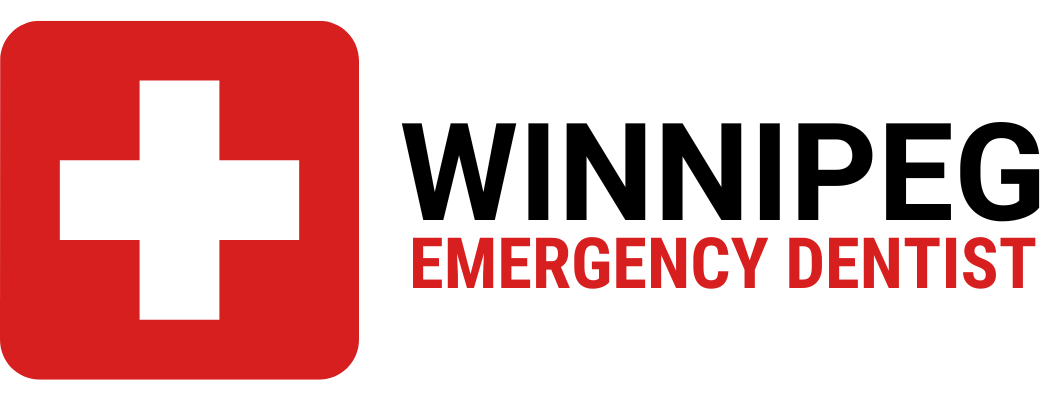Emergency Dental Questions (FAQs)
When there is pain, sudden swelling, or a significant level of discomfort, this constitutes a dental emergency. It’s crucial to realize that oral health issues rarely resolve on their own and won’t disappear quickly when a patient determines they can’t manage the problem themselves. Additionally, knots, swelling, or bulges on the gums may indicate a dental emergency.
Some of the common dental emergencies we can assist you with include:
- Toothache
- Dislodged tooth
- Loss of a dental crown
- Loss of a dental filling
- Something caught between your teeth
- Tooth pain, swellings and gum infections
- Sports injuries to teeth or gums
- General dental problems
It’s important to get treatment as quickly as possible for your dental emergency. The sooner you can get to your dentist’s office, the better. Call our clinic at (431) 800-4040 to get professional care as soon as possible.
The Winnipeg Regional Health Authority recommends seeking emergency dental care if your face is extremely swollen, you sustained a direct blow to your jaw or teeth, or if bleeding from a dental procedure or injury cannot be stopped. At the emergency room, the doctor will evaluate the damage and refer you to the most appropriate service, including the emergency dentist on call if you have insurance coverage.
Otherwise, if you are having a dental emergency, call our office directly at (431) 800-4040 to talk to one of our team members, who would be happy to create a plan to treat your dental emergency.
If you wake up to severe throbbing pain, brush and floss your teeth to eliminate any food particles that may be causing it. While aspirin is effective in relieving pain, it’s not recommended to apply it directly to the gums surrounding the aching tooth. If the pain persists, don’t hesitate to call our emergency dental clinic at (431) 800-4040 as this may indicate a cavity, infection, or something more serious. Home remedies like applying garlic and clove oil to the affected area offer only temporary relief.
If deemed necessary, nitrous oxide sedation can be administered (among other forms of sedation) to alleviate anxiety during your dental emergency procedure. It’s not uncommon to experience anxiety when visiting the dentist, and the prospect of pain during a critical emergency may only make your anxiety worse. Your emergency dentist will be happy to discuss sedation options with you before your procedure.
Although some dental emergencies are unavoidable, you can still change your habits and prevent many issues:
- Maintain daily dental hygiene by brushing and flossing your teeth regularly.
- Exercise caution when consuming hard or crunchy foods, as they can harm your teeth.
- Use a mouthguard when engaging in contact sports.
- Visit your dentist for routine check-ups to ensure your teeth and mouth are in good shape.

